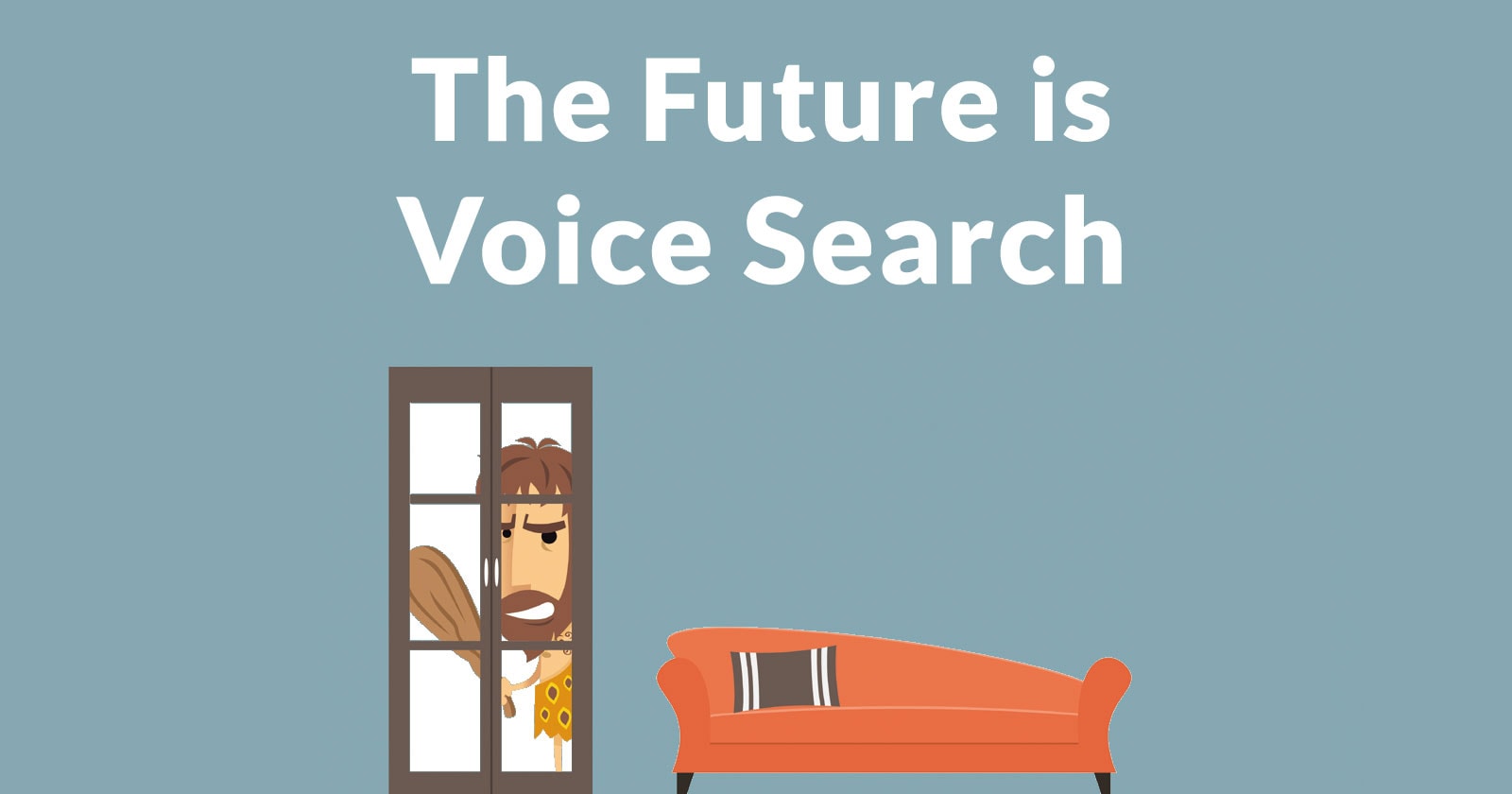Recent announcements from Google about Google Assistant and Google Home indicate Google’s search experience is transitioning from a mobile search experience to a Voice First experience.
While the index remains mobile first, the experience itself, the way search is displayed and communicated, is moving toward accommodating a Google Voice/Google Home/Google Assistant first experience. Rather than thinking of search as a mobile first experience, it may be useful to think of search within the context of voice search.

SEO in Transition
Having one foot firmly in a mobile search paradigm and a toe in the voice search paradigm, it is currently difficult to understand how web publishers and SEO will fit within this next evolution of Internet marketing.
The first step is to be conscious that this is happening and to put research papers we read and announcements we read within the context of where not just Google is headed, but Bing, Zillow, Baidu, Facebook and a host of other technology companies. It’s a transition from thinking in terms of Search to thinking in terms of being an Assistant.
Evidence that Google is Transitioning to Voice/AI
If your SEO strategy is predicated on meeting the demands of a mobile first experience, you may want to consider the evidence that Google is moving toward a Google Voice experience then consider how that changes your strategy. What follows is evidence that Google has shifted focus toward voice search powered by AI.
Here are four signs indicating Google’s shift away from mobile and toward a voice first strategy:
- Google’s Research Blog recently rebranded as the AI Blog.
Artificial Intelligence encompasses a semantic understanding of language. This is highly important for a world in which voice search is first. According to Google’s rebranded AI’s web page:“AI is making it easier for people to do things every day, whether it’s searching for photos of loved ones, breaking down language barriers in Google Translate, typing emails on the go, or getting things done with the Google Assistant.”
- Google Recipes Moves Closer to Voice First
Google’s recipe Structured Data Tool updated to require information relevant for Google Assistant
Google’s official announcement of this change was titled, “Send Your Recipes to the Google Assistant.” That is explicit acknowledgement of how a change in structured data was for accommodating voice search, not mobile.While it can be argued that voice search is on mobile, the bigger picture is that voice search is bigger than mobile. - Voice Search is Bigger Than Mobile
Google recently announced that Google Assistant can now connect with over 5,000 devices. Google Assistant is a major initiative at Google. This is bigger than mobile. Your SEO strategy should begin thinking about how it fits into this scenario. For example, Google Assistant can tell you a story or interact with Disney. According to Google:“If you want a fun, interactive adventure with the kids, get Mickey Mouse involved with “Hey Google, talk to Mickey Mouse Story Time.” Or Lightning McQueen can put story time into high gear–just say, “Hey Google, talk to Cars Adventure.” “
- Google Release an AI Technology Demo
Google released an AI Technology demonstration called Talk to Books. While currently limited in scope it aims to show how far AI is coming along. More importantly, this was introduced by legendary futurist Ray Kurzweil, Google’s director of engineering.
Google’s (Between the Lines) Announcement
Google’s recipe structured data update was explicitly for the benefit of the “voice guided search” experience. Here is what Google’s official announcement stated:
“With more people using Google Home every day, we’re publishing new guidelines so your recipes can support this voice guided experience. You may receive traffic from more sources, since users can now discover your recipes through the Google Assistant on Google Home.”
I’m not saying that Google is moving toward a voice first strategy now. There has been no announcement. However, it’s clear that Google is moving quickly to accommodate voice search.
What I, Roger Montti, am asking is:
Should publishers wait for an announcement from Google? Or should publishers understand the ground is shifting and begin thinking ahead instead of playing catch-up later?
Google Home & Google Assistant
Mobile computing has attained ubiquity in our lives. Ubiquity means that something is everywhere, like air. Google is apparently anticipating that Google Home will also attain the same level of “everywhere-ness” that mobile phones currently enjoy.
That means Google search is transitioning from something users type and read to something they speak and listen to. This has huge implications for SEO.
Takeaway #1: Google Voice Search, not Mobile Search
Number one, I believe it’s important to understand that the direction the wind is blowing for SEO has changed. Rather than optimize for mobile search, it may be useful to begin optimizing for Voice Search, Google Home, and Google Assistant.
Takeaway #2: Structured Data
As evidenced by the recipe Schema.org Structured Data update, structured data plays a role in the Google Home/Voice Assistant search experience. Keeping up with structured data may be important. Google’s John Mueller recently acknowledged that structured data plays a role in helping Google understand what a web page is about.
Takeaway #3: Structure Web Pages for Voice Search
There are some kinds of content that is incompatible with voice search. Google’s John Mueller highlighted that information that is formatted in tables or as a list of links will not be included in voice search results.
It turned out that companies that list comparisons of their pricing plans in tables miss out having their sites rank in featured snippets when potential customers Google “Name of Company Pricing.” This points out how important it is to structure your web page so that it is voice search friendly.
AI Powered Voice Search is Web 3.0
Is Google transitioning beyond Mobile Friendly to Voice Search Friendly Search? I believe there is ample evidence to believe so. It may be time to think about thinking of search marketing and SEO in terms of voice search instead of exclusively thinking in terms of mobile/desktop search. Mobile search, in my opinion, was just a temporary stop on the way to voice search. Voice searched powered by AI is the next destination and we’re pulling into that station right now.
Images by Shutterstock, Modified by Author





